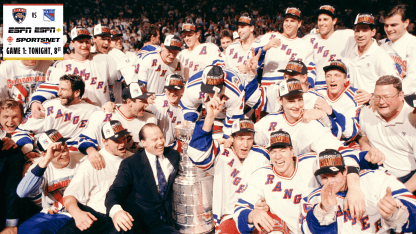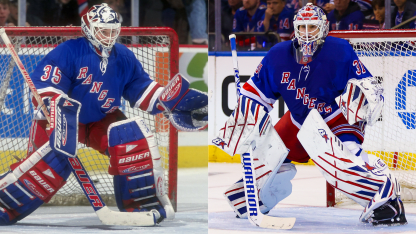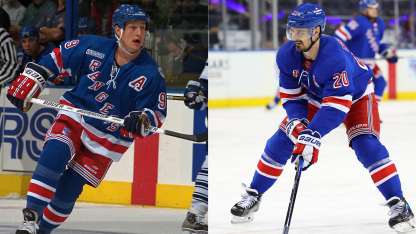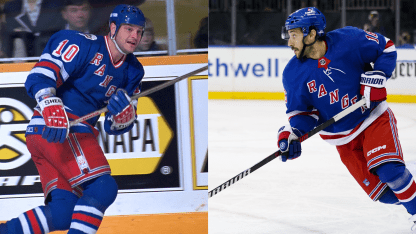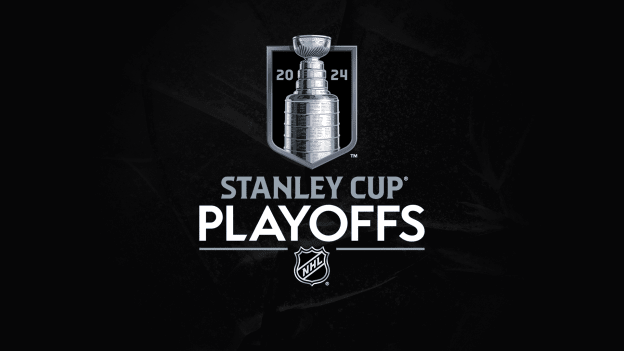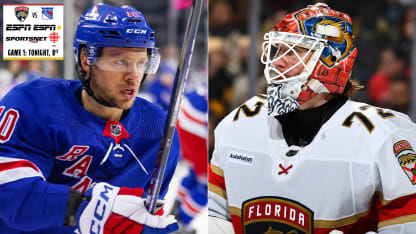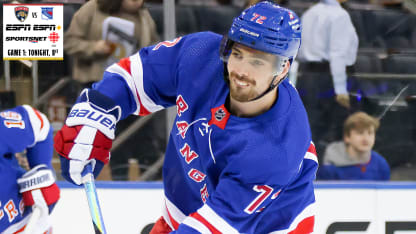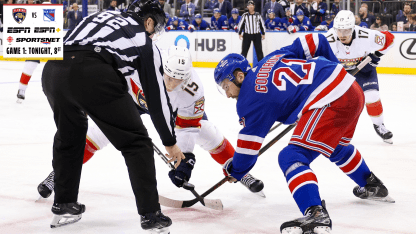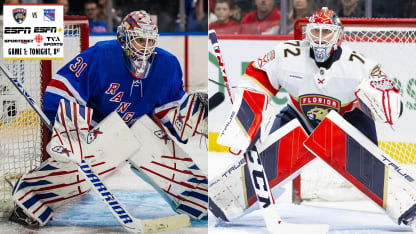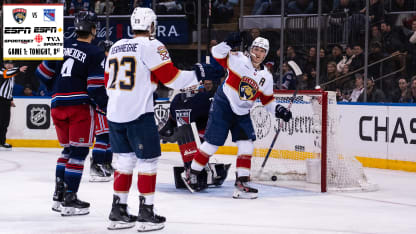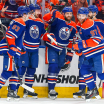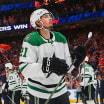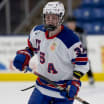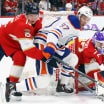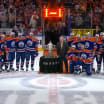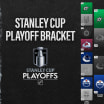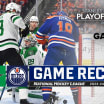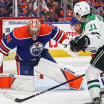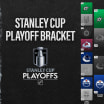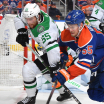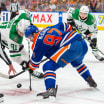Mika Zibanejad knows all about what the New York Rangers are chasing. It's right in front of their faces at Madison Square Garden and at their suburban training facility.
A championship banner. Retired numbers for Mike Richter (35), Brian Leetch (2), Mark Messier (11) and Adam Graves (9). Alumni introductions at almost every home game in the Stanley Cup Playoffs. Pictures and plaques and trophies adorning the walls. Highlights with famous calls.
New York City sports immortality.
Thirty years later, the Rangers’ 1994 Stanley Cup championship remains omnipresent around the team, the Garden, New York City, easily the most important, impactful and prideful moment in the 98-year history of the Original Six franchise.
"I don't think it's a burden, it's more motivation to experience what they did," Zibanejad said. "Seeing all the videos and seeing everything and hearing people talk about it, everyone knows where they were at that moment, what happened, what they were eating or what they were drinking. It's obviously something everyone in here wants to experience."
The Rangers are halfway there, getting ready to play Game 1 of the Eastern Conference Final against the Florida Panthers at Madison Square Garden on Wednesday (8 p.m. ET; ESPN+, ESPN, SN, TVAS, CBC).
“What I do see is that they are a team,” Messier said. “They are playing like a team and putting the team ahead of the individuals. Very important characteristic of a championship team. The 1994 team was the model for what a team looks like.”
The comparisons and similarities to the 1994 team are a bit eerie and are coming into focus.
"I would say no to an exact replication, but yes to when we talk about the foundational pieces of this era of how this team is put together compared to foundationally how our team was put together," said Neil Smith, general manager of the 1994 championship team. "When you break it down, foundationally they have the same pieces for today as the pieces we needed then."
The game is different with less intimidation and more skill, faster now than it was then. The rules have changed to showcase the skill in the game. Hockey in general is officiated differently and played differently now versus 30 years ago, but the staples of each team are the same.
"The power play was very important to our team when we were playing and is to this team," said defenseman Brian Leetch, who won the Conn Smythe Trophy as Stanley Cup Playoffs most valuable player in 1994.
The Rangers are 31.4 percent on the power play through 10 games in the playoffs, third among all teams that have played at least two rounds. The 1994 Rangers were 21.2 percent on the power play, second among all teams that played at least three rounds.
"Goaltending is just as important as the power play," Leetch said.
